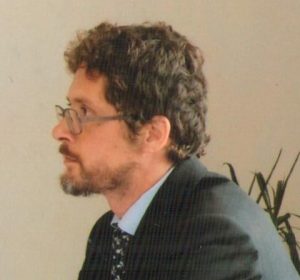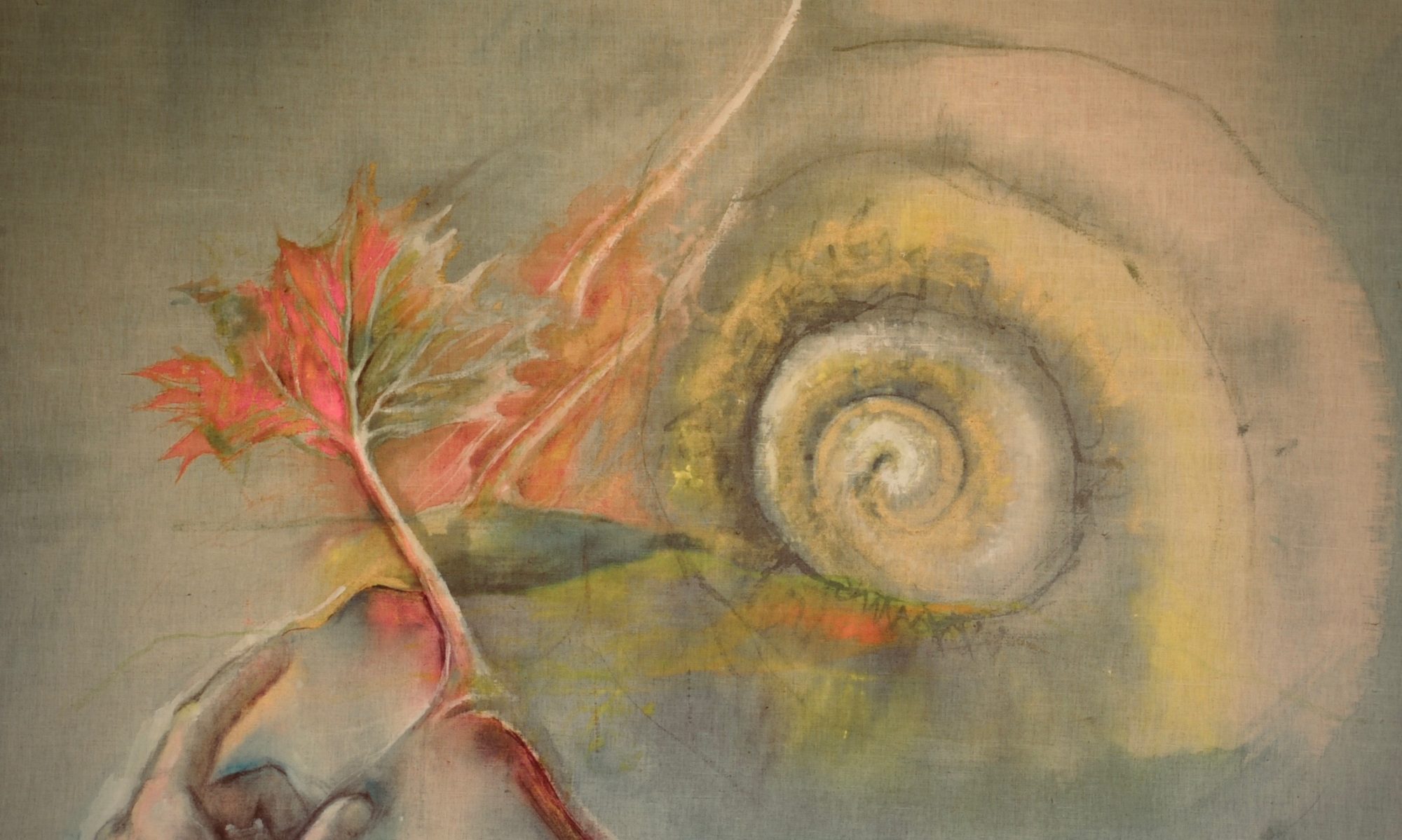Milan Scholz, Czech historian (2009 PhDr., 2017 Ph.D. from Charles University, Prague), independent analyst and researcher. A prominent theme of his research and publications is the thinking of Tomáš Garrigue Masaryk (philosopher, social scientist and the first Czechoslovak president) and its role and changing significance in the 21st century.

Milan Scholz’s broader field of interest is represented by the comparative history (including theory and methodology of comparative approach), intellectual history and history of ideas, identities research, geographical frameworks of socioeconomic and historical processes.
From the childhood, he was a connoisseur and lover of maps. Nevertheless, he didn’t find a similarly warm relationship to travel to faraway lands and countries. He preferred systematic exploration and observation to immediate and exciting experiences. Such an approach was considered by him to be a less impressive and spectacular, but a deeper way of penetrating to the core of problems. Over the years, he systematically learnt eleven foreign languages. He uses eight foreign languages in his work and texts written in these languages are quoted in his publications. Like the historian Fernand Braudel, he holds the view that not only the language itself, but also civilizations are structured and defined by their grammar. Together with the sociologist Thomas Luckmann, he believes that language represents a “cultural apriori” – what cannot be expressed by it, cannot even be grasped by thought. Therefore, one of the main keys to comparing conceptual and mental worlds is hidden in the language.
Milan Scholz compensates for the long hours spent between books and at his desk by cycling (both in sport and in hiking form) and by gardening, which was one of his life’s activities from an early age. The landscape of distant horizons, high skies overhead and mechanical movement across the landscape facilitate him in all weathers and seasons intellectual catharsis because they provide inspiration and improve the gloomy mood.
